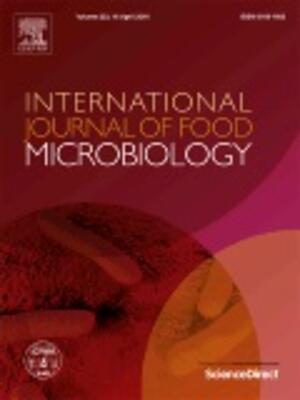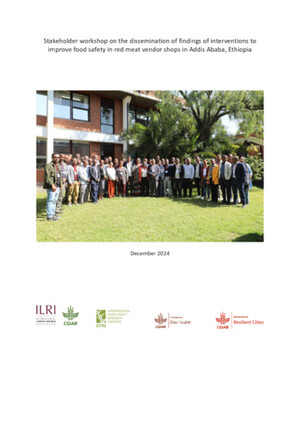
Rift Valley fever virus remains infectious in milk stored in a wide range of temperatures
Abstract
Background: Rift Valley fever virus (RVFV) is a zoonotic arbovirus widely distributed across Africa and the Arabian Peninsula, which causes devastating epidemics affecting humans as well as ruminant livestock. The epidemiology of RVFV is difficult to disentangle, as the virus is transmitted to humans via mosquitos or direct contact with infected animals. Among these direct exposures are milking ruminants and drinking fresh milk which have been firmly established as risk factors for RVFV exposure. However, no studies to date have addressed the stability of infectious RVFV in milk.
Methods: We assessed the stability of RVFV in milk by spiking cow and goat milk with infectious RVFV-MP12 vaccine strain and measured RNA via qRT-PCR and infectious viral titers via plaque assay over time in a variety of temperature conditions.
Results: We demonstrate that RVFV remains stable for up to 96 hours in refrigerated milk and up to two days in milk stored in warm ambient conditions. Additionally, we show that RVFV RNA remained detectable via qRT-PCR in milk at all assessed temperatures for up to 96 hours. Lastly, we confirmed that commonly performed pasteurization techniques and boiling of milk fully inactivates RVFV in milk.
Conclusions: These results demonstrate that RVFV contaminated milk in the milk supply chain of endemic regions could represent a widespread public health risk, and much of this risk is mitigatable via pasteurization. We also propose use of RVFV RNA detection in milk as a non-invasive source of RVFV surveillance.
Citation
Dawes, B.E., De La Mota-Peynado, A., Rezende, I.M., Buyukcangaz, E.K., Harvey, A.M., Gerken, K.N., Winter, C.A., Bayrau, B., Mitzel, D.N., Waggoner, J.J., Pinsky, B.A., Wilson, W.C. and LaBeaud, A.D. 2025. Rift Valley fever virus remains infectious in milk stored in a wide range of temperatures. Journal of Infectious Diseases jiaf060.








